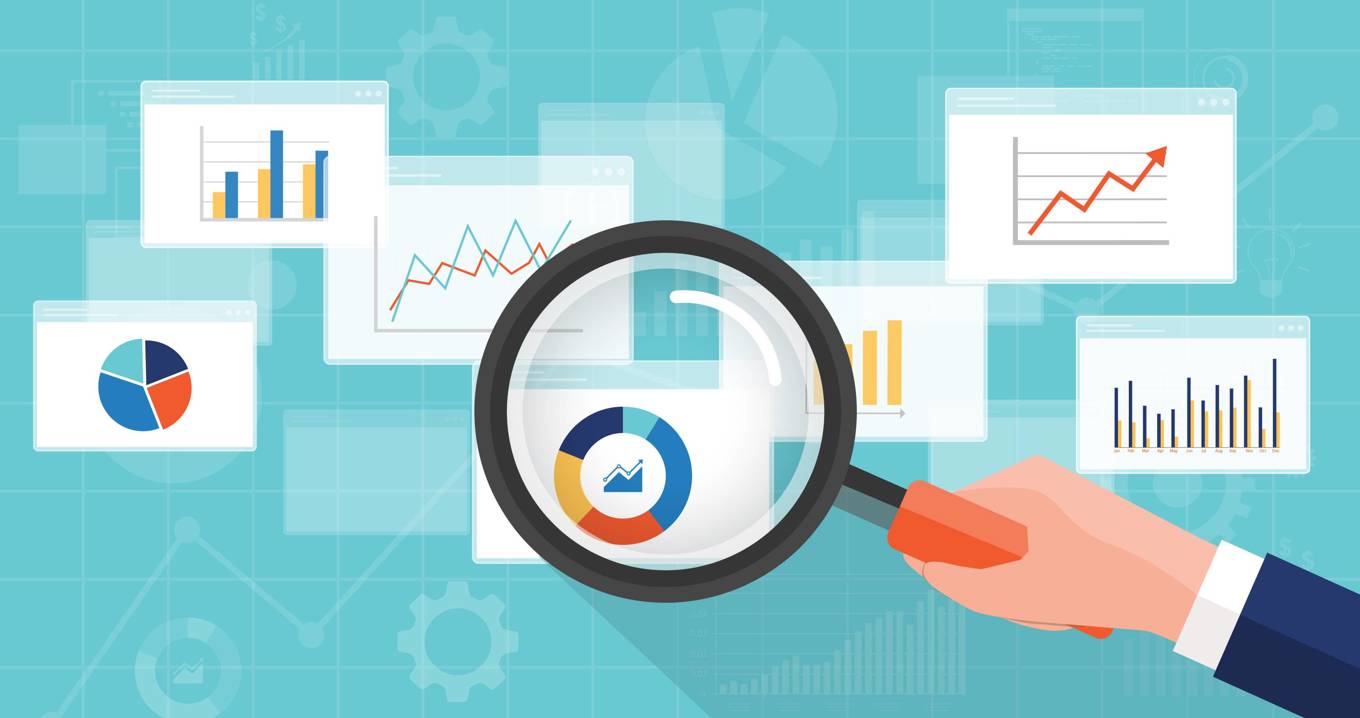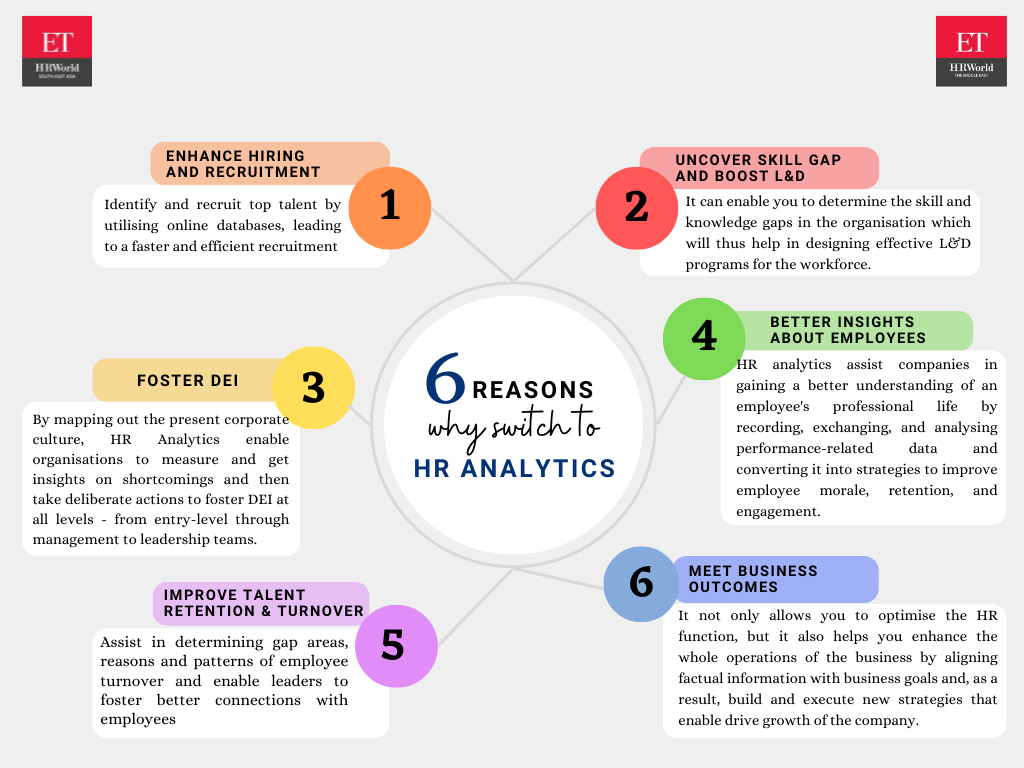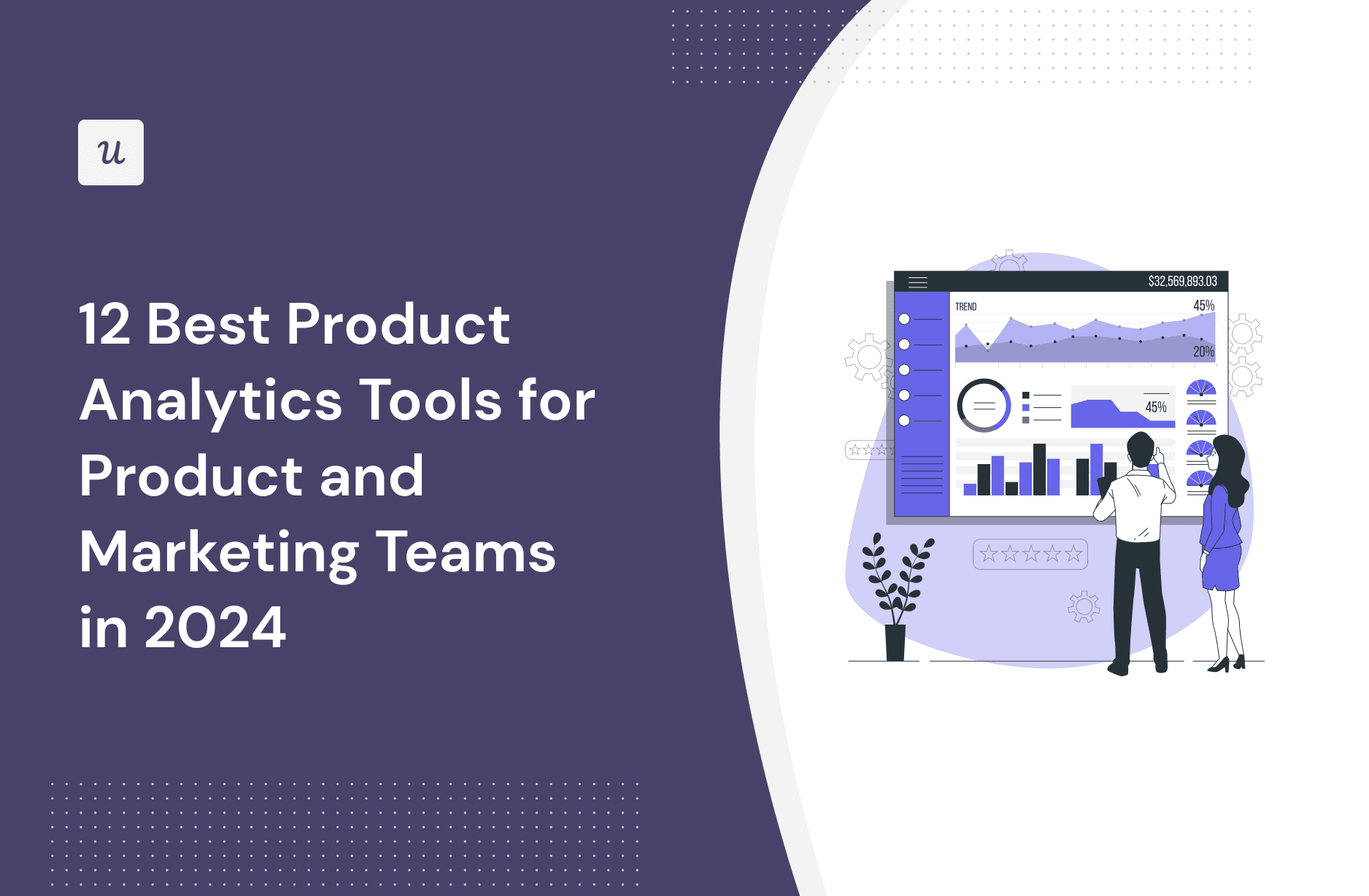Maximize Development: Exactly How Analytics Drive Better Strategies
By harnessing data insights, businesses can fine-tune their operational approaches, prepare for market modifications, and enhance client engagement. The challenge lies not only in gathering information yet in properly translating it to drive concrete end results.
Understanding Information Analytics
Information analytics is a systematic computational evaluation of information that makes it possible for organizations to reveal significant patterns and understandings. This process includes a range of techniques, including statistical evaluation, predictive modeling, and information mining, which collectively aim to change raw data into actionable information - Analytics. By using these methodologies, companies can make educated decisions that are rooted in empirical proof rather than instinct alone
The foundation of information analytics depends on its capacity to deal with vast quantities of information from varied resources. This includes structured information, such as databases, and disorganized information, including social media interactions and client responses. With using specialized software and devices, analysts can extract and process this data efficiently, recognizing fads and relationships that may not be instantly apparent.
Comprehending data analytics also includes recognizing the relevance of information quality and honesty. Trusted and exact information is crucial for significant evaluation; hence, organizations need to carry out robust data administration methods. Furthermore, the repetitive nature of analytics allows for continual refinement and enhancement of techniques, making certain that organizations continue to be nimble despite altering market dynamics and customer behavior.
Trick Benefits of Analytics

Among the vital benefits of analytics is its ability to provide actionable understandings. Organizations can promptly examine large amounts of information, uncovering patterns that might not be instantly noticeable. This assists in anticipating market changes and adapting strategies appropriately. Furthermore, analytics fosters a culture of evidence-based decision-making, reducing dependence on instinct and guesswork.
One more considerable benefit is enhanced client understanding. Analytics tools enable businesses to section their audience, track customer actions, and customize marketing initiatives. This targeted method not just improves client interaction however likewise drives higher conversion prices.

Implementing Analytics Methods
To completely understand the benefits of analytics, companies need to take on organized approaches for implementation. This starts with plainly defining objectives that align with broader organization goals. By developing details, measurable end results, organizations can focus their analytics efforts on locations that generate the highest return on investment.
Following, companies should prioritize data governance to make sure the stability and safety and security of the data being evaluated. This includes setting up procedures for information collection, storage space, and accessibility while sticking to appropriate policies. Making sure top quality data is critical for creating significant understandings.
Additionally, promoting a culture of data-driven decision-making is crucial. This needs training employees to analyze analytics findings and motivating collaboration throughout departments. They are much more likely to integrate insights right into their everyday procedures. when groups understand the value of analytics.
Lastly, companies must regularly evaluate and refine their analytics approaches. The landscape of data and modern technology is continually developing, and remaining adaptable will permit organizations to utilize brand-new tools and techniques successfully. By carrying out these structured techniques, organizations can optimize the influence of their analytics initiatives and drive lasting development.
Devices for Effective Analysis
Effective analysis depends on a variety of tools that facilitate the extraction of insights from information - Analytics. These devices can range from simple spreadsheet applications to innovative equipment finding out platforms, each serving an unique function in the analytical process
Data visualization software application, such as important site Tableau and Power BI, plays an important function in changing complicated datasets into easy to understand visual representations. These tools enable analysts to determine patterns and fads rapidly, allowing for even more enlightened decision-making.
Analytical analysis software application, like R and SAS, uses sophisticated abilities for performing thorough analyses, consisting of regression, theory screening, and predictive modeling - Analytics. These features encourage organizations to draw significant conclusions from their data, determining possible possibilities and risks
Moreover, database monitoring systems such as SQL and NoSQL data sources supply the necessary infrastructure for storing and quizing huge volumes of data successfully. They guarantee that information is arranged check my blog and available for analysis.
Lastly, business intelligence systems incorporate various data resources, giving an extensive sight of organizational performance. By making use of these devices efficiently, organizations can boost their logical capabilities, enabling them to create techniques that optimize development and boost total efficiency.
Study of Success
Effective companies typically take advantage of data analytics to drive impactful approaches, as confirmed by several remarkable instance studies. By using these understandings, Netflix has effectively tailored its material referrals, resulting in boosted individual interaction and customer retention.

Furthermore, Starbucks uses information analytics to determine ideal store places and refine its product offerings. By checking out customer demographics and purchasing patterns, Starbucks effectively identifies high-potential markets and customizes its food selection to local tastes, driving sales and customer commitment.
These study show that reliable utilization of information analytics can lead to critical advantages, fostering advancement and development within companies throughout different markets.
Verdict
To conclude, the combination of analytics into business strategies substantially boosts decision-making procedures and promotes lasting development. By leveraging data-driven understandings, businesses can identify fads, anticipate market changes, and optimize procedures. The reliable execution of analytics tools further supports dexterity and innovation, making it possible for navigate to these guys organizations to navigate affordable landscapes with higher accuracy. Inevitably, a dedication to analytics not only drives prompt efficiency enhancements however likewise protects long-lasting success in an ever-evolving market.
Information analytics is a methodical computational analysis of information that enables organizations to reveal significant patterns and insights.Comprehending information analytics also entails recognizing the value of data top quality and honesty. Reputable and accurate information is critical for significant analysis; thus, organizations have to implement robust data governance methods.Next, organizations need to prioritize information administration to make sure the stability and security of the data being analyzed.Successful companies often leverage data analytics to drive impactful methods, as shown by numerous notable case research studies.